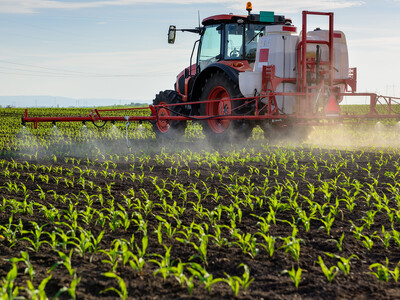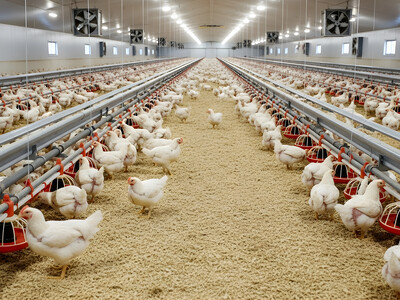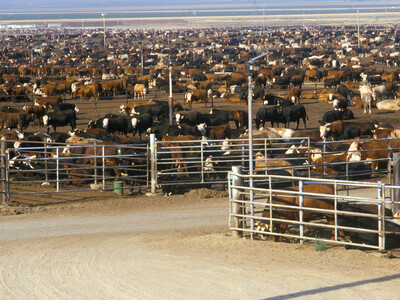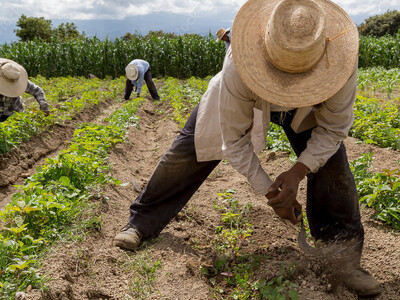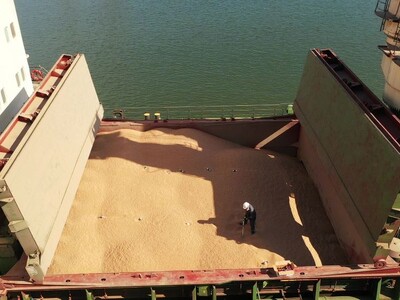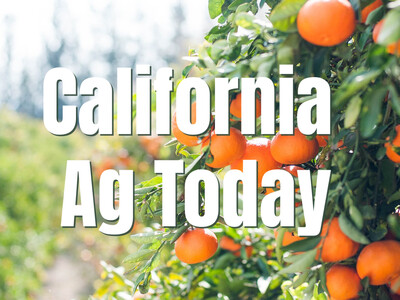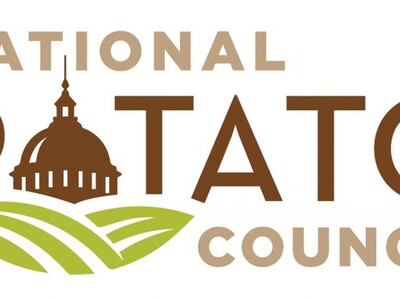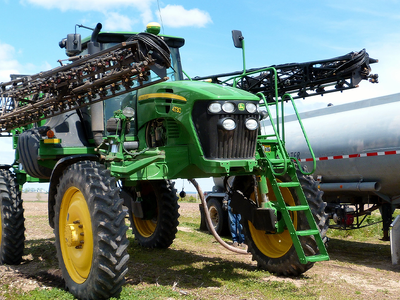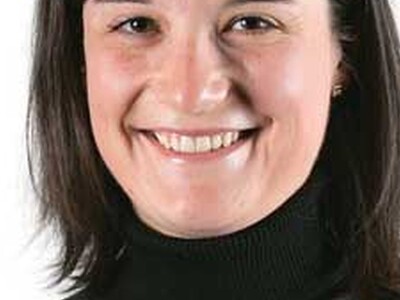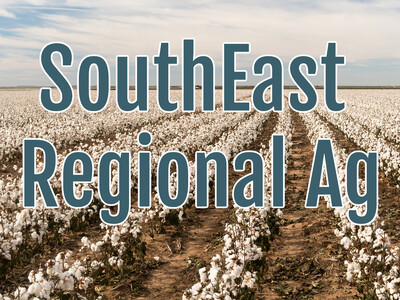Vilsack on Climate Change
Vilsack on Climate Change. I’m Greg Martin with today’s Line On Agriculture.
Climate change…cap & trade…global warming. What will this all mean to
VILSACK: We believe based upon our analysis at USDA and our understanding of the possibilities and opportunities that there are economic benefits to agriculture from cap & trade legislation that will likely out-weigh the costs both in the short term and that economic benefits from off-set markets will easily out pace increased input costs over the long haul for agriculture.
Vilsack says the House bill will create the offsets needed.
VILSACK: We believe our analysis demonstrates as we advised people today that the economic opportunity for farmers and ranchers can significantly outpace the costs from climate legislation in the countryside. In the short term we believe those economic benefits will likely out weigh the costs and in the long term, we think they will easily trump those costs. Why? Because the House bill as passed creates an offset market that creates opportunities for domestic offsets and we believe the agricultural sector will benefit most directly from that offset market.
He gets into some specific numbers.
VILSACK: Our analysis is that in the first several years of operation the climate change legislation will result in an annual net income to farmers of about a billion dollars but over the course of time we see that increasing to as much as 15 to 20 billion, not accounting for the cost of offsets. The analysis we conducted was conservative. There are other studies that believe that farmers will quite possibly do actually even better than we proposed. We were conservative because we didn’t include any type of technology changes that will likely help farmers produce more crops and livestock with fewer input costs.
And he says there is another element not factored in.
VILSACK: And the analysis also did not take into account high commodity prices farmers will like receive as a result of enhanced renewable energy markets and the retirement of environmentally sensitive land domestically and abroad.
We will continue tomorrow with more from Secretary Vilsack.
That’s today’s Line On Agriculture. I’m Greg Martin on the Northwest Ag Information Network.




